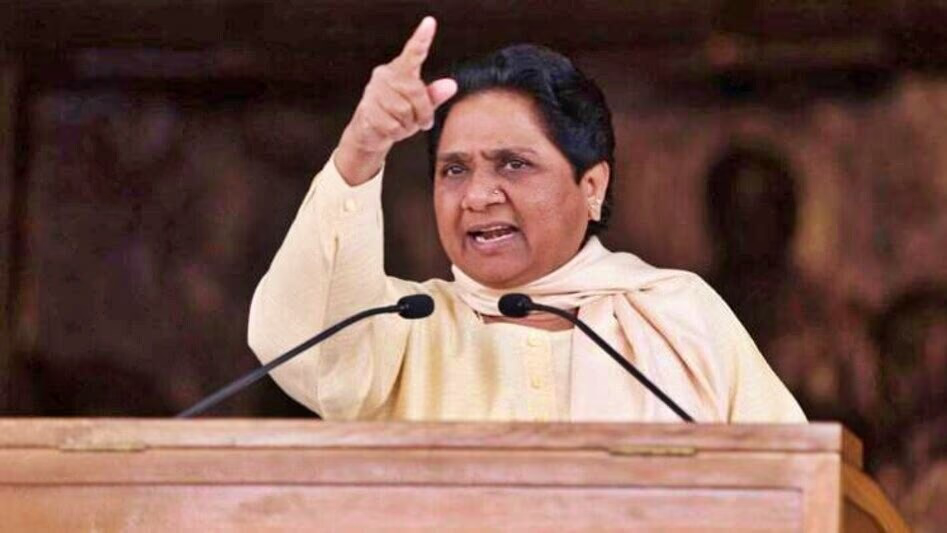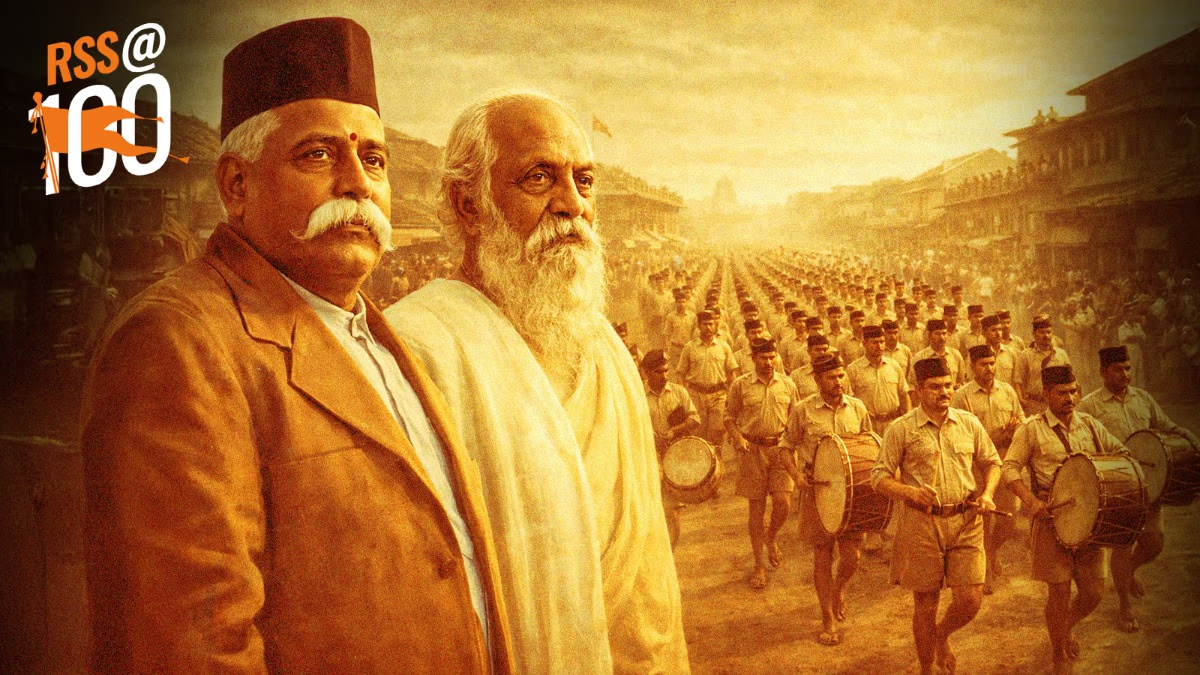A political storm has erupted over Home Minister Amit Shah's comments regarding the architect of the Constitution, Dr. Babasaheb Bhimrao Ambedkar. In response, the Congress is organizing 'Ambedkar Honor Marches' nationwide, demanding Shah's resignation through letters addressed to the President. While the Congress marches in Ambedkar's honor, the Bahujan Samaj Party (BSP), led by Mayawati, has also taken to the streets. Mayawati has announced peaceful protests at district headquarters on the same day chosen by the Congress.
Amidst these protests, Mayawati's nephew and successor, Akash Anand, has criticized opposition leaders like Rahul Gandhi, Priyanka Gandhi, and Arvind Kejriwal. Anand posted on X, accusing them of initially insulting Ambedkar in Parliament, followed by turning their 'Blue Revolution' into a fashion show, alluding to Kejriwal's distortion of Ambedkar's image. He sarcastically remarked how using Ambedkar's name for votes has become fashionable.
The BSP's protest is against the Home Minister's statement on Ambedkar. However, Akash targeted Rahul and Priyanka Gandhi. Mayawati has already likened BJP and Congress to two sides of the same coin. Now, Akash Anand also seems to target Congress more than the BJP. What's behind this stance? It can be understood in four points.
1-
Effort to Reclaim Shifting Vote Bank
With the slogan 'Jai Bhim,' Mayawati has become Uttar Pradesh's Chief Minister four times, and the BSP has had significant political influence in states like Madhya Pradesh, Chhattisgarh, Delhi, Haryana, and Rajasthan. However, since the 2012 UP elections, the BSP's political graph has declined drastically, losing its status as a national party. The BSP, which once maintained a 21% vote share, garnered only around 16% of votes in the 2022 UP elections, winning just one seat, and dropping below 10% in the latest Lok Sabha elections. This controversy presents an opportunity for the BSP to rally its core voters around its most significant symbol.
2-
Expanding Influence of Chandrashekhar's Party
In Uttar Pradesh's Dalit politics, the growing influence of Advocate Chandrashekhar's Azad Samaj Party is a concern for the BSP. The BSP failed to secure any seats in the Lok Sabha, while Chandrashekhar successfully made it there. In the Ambedkar controversy, Chandrashekhar mentioned that the Home Minister has clarified, and thus the issue should conclude. The BSP perceives this as a chance to consolidate its Dalit base, unwilling to miss the opportunity.
3-
Fear of Dalit Votes Shifting to Congress
The Congress's long reign at the center was attributed to the coalition of upper caste, Dalit, and Muslim votes. Post the rise of parties like the BSP, Dalit and Muslim vote banks drifted from Congress, while upper-caste voters leaned towards BJP. With Dalits previously voting for Congress, the BSP fears their support could shift back. Hence, the BSP appears more aggressive towards Congress than BJP.
4-
Regaining Lost Ground in Delhi with Upcoming Elections
Elections are looming in the national capital, Delhi, where there is a significant Dalit voter base. The BSP, which secured two seats with a 14% vote share in Delhi's 2008 elections, didn't open its account in 2020, securing less than 1% of votes. By highlighting Ambedkar's honor as an issue, the BSP aims to deter Dalit voters from siding with parties like Congress and AAP and bring them into their fold.




